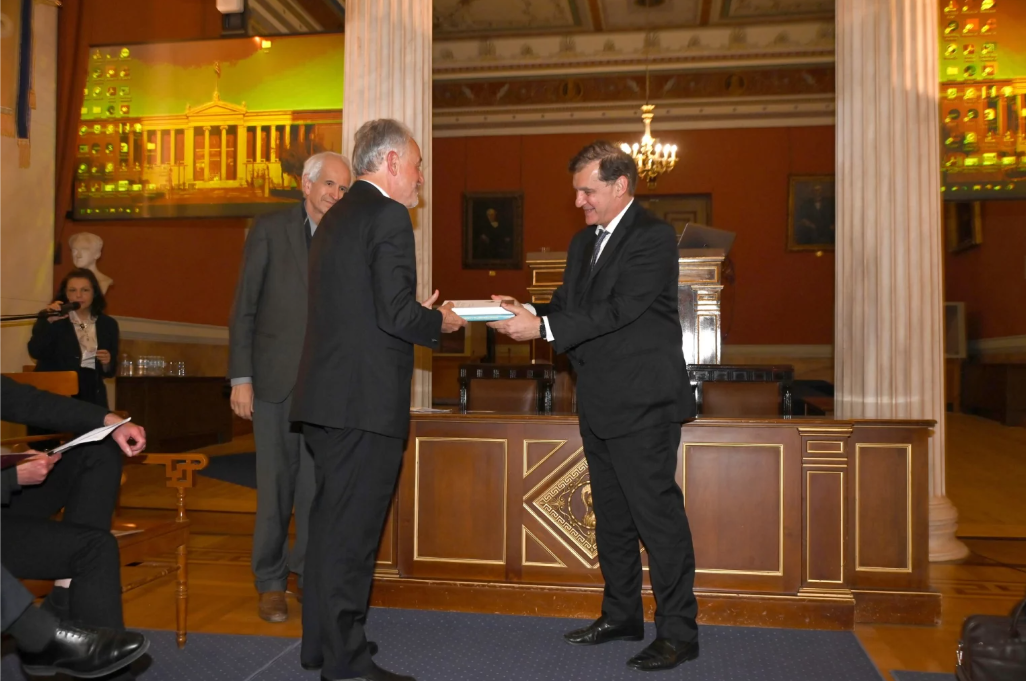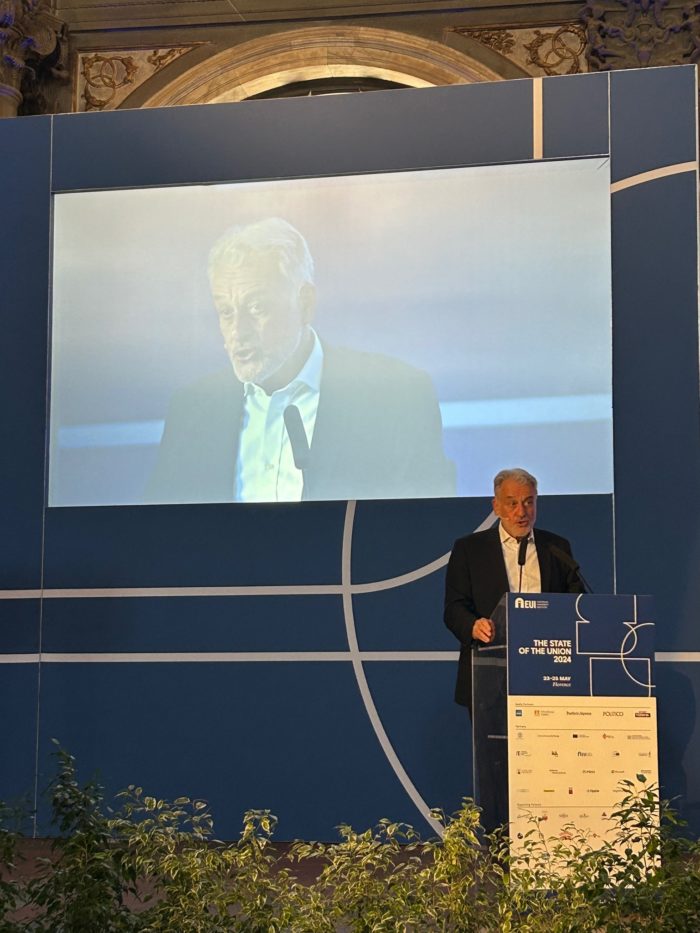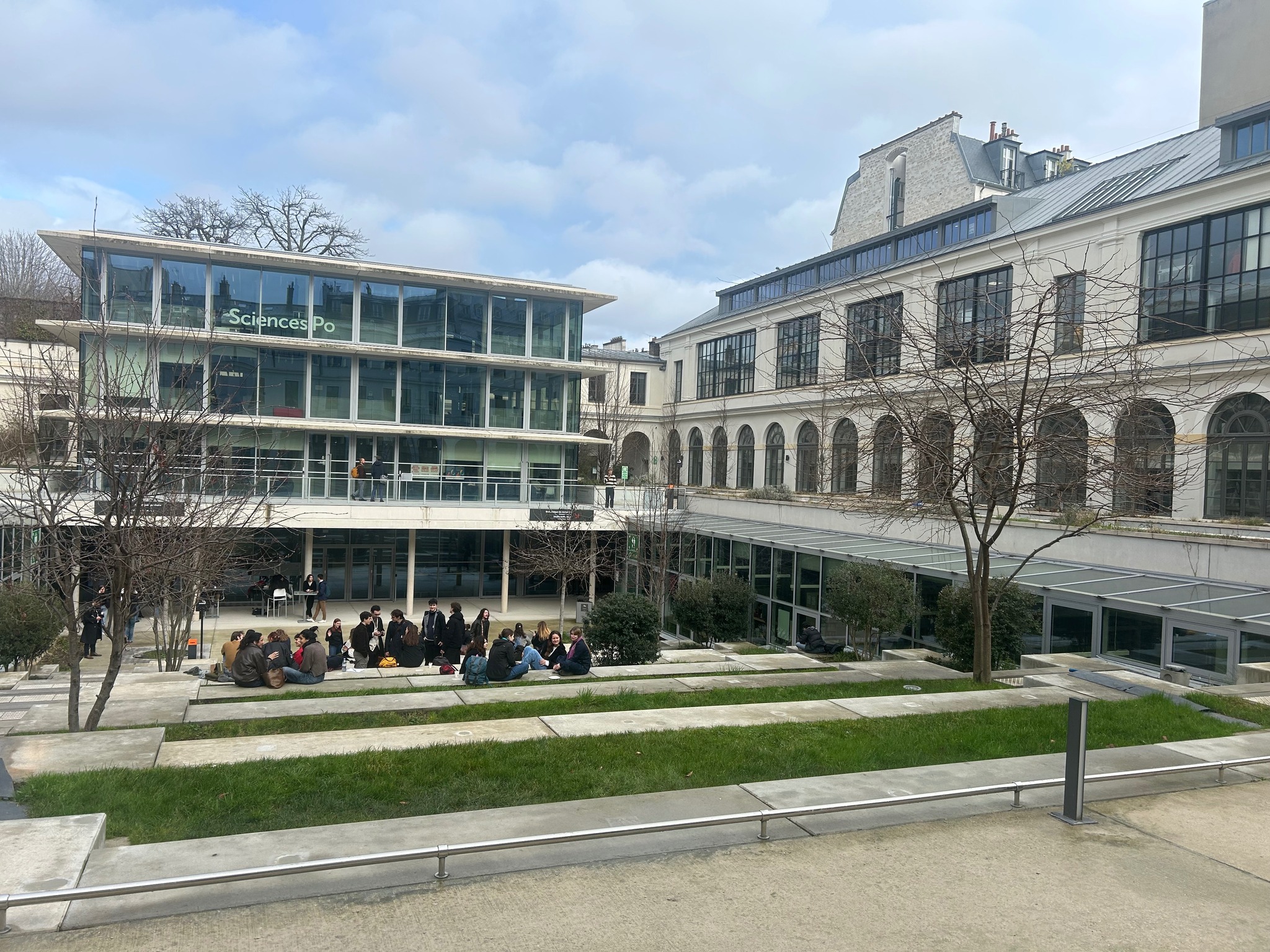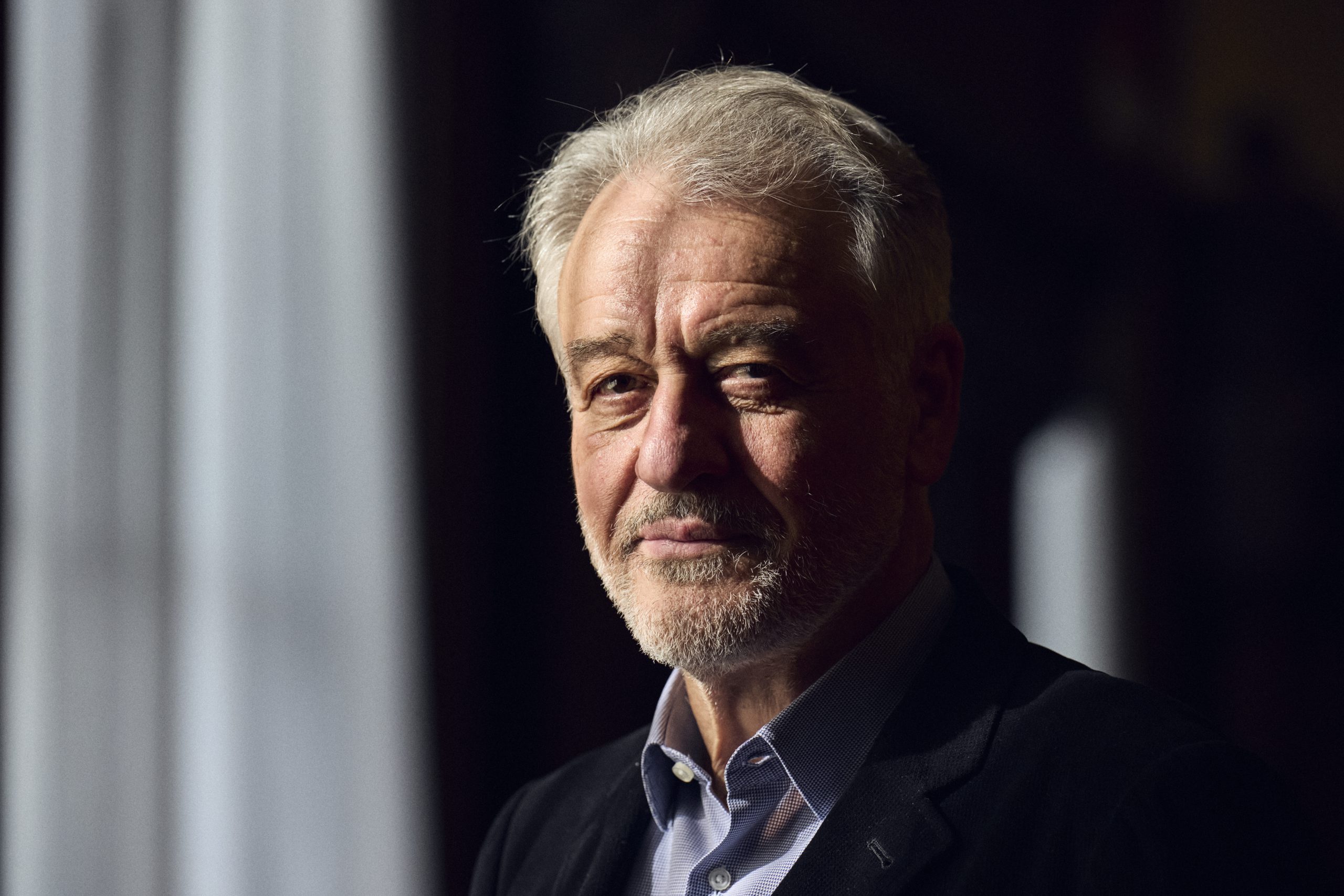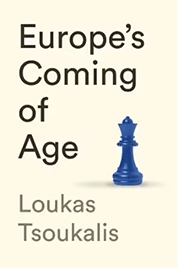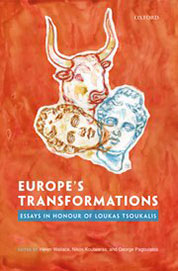President of the Board, ELIAMEP, Professor, Sciences Po, Paris, Professor Emeritus, University of Athens
Loukas Tsoukalis was born in Athens. He studied economics and international relations at the University of Manchester, the College of Europe in Bruges, and the University of Oxford where he obtained his doctoral degree and taught for many years. He later became Jean Monnet Professor of European Integration at the University of Athens (1990) and Eleftherios Venizelos Professor at the London School of Economics (1998). Meanwhile, he was part-time director of the economics department and visiting professor at the College of Europe for more than two decades. He has held visiting professorships at the Johns Hopkins University in Washington, DC, the European University Institute in Florence, King’s College London and Harvard University Kennedy School. Additionally, he has advised former Presidents of the European Commission and the European Council.
